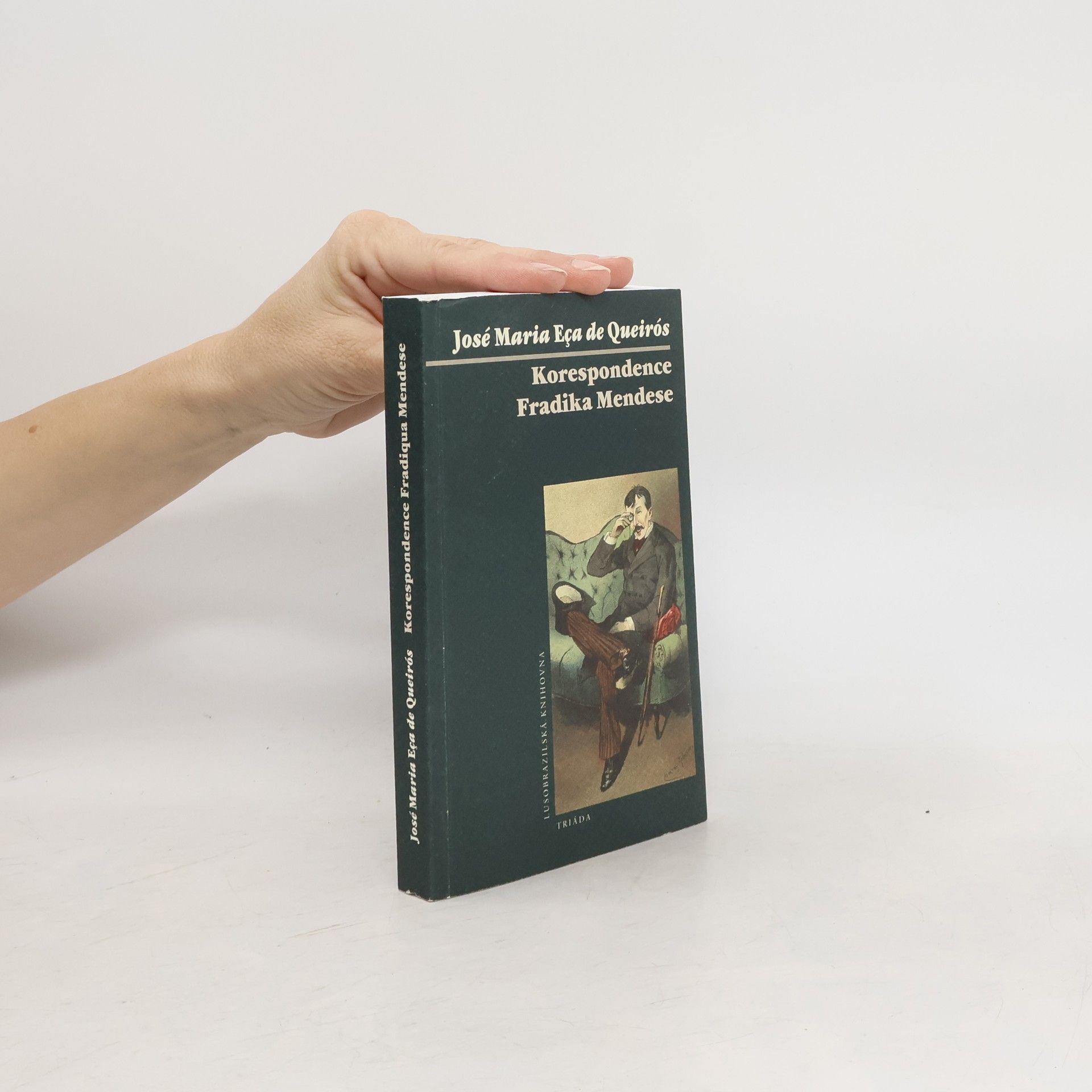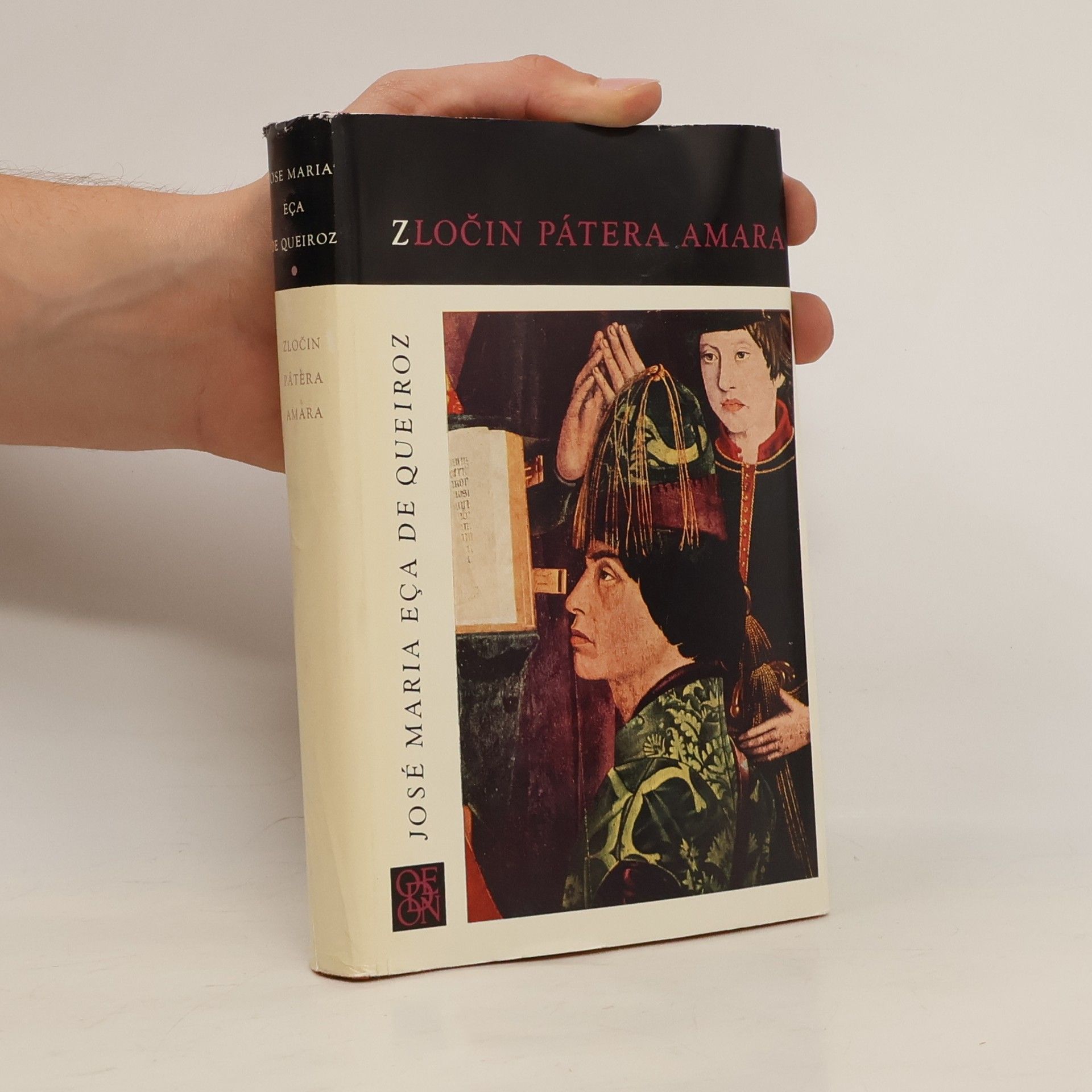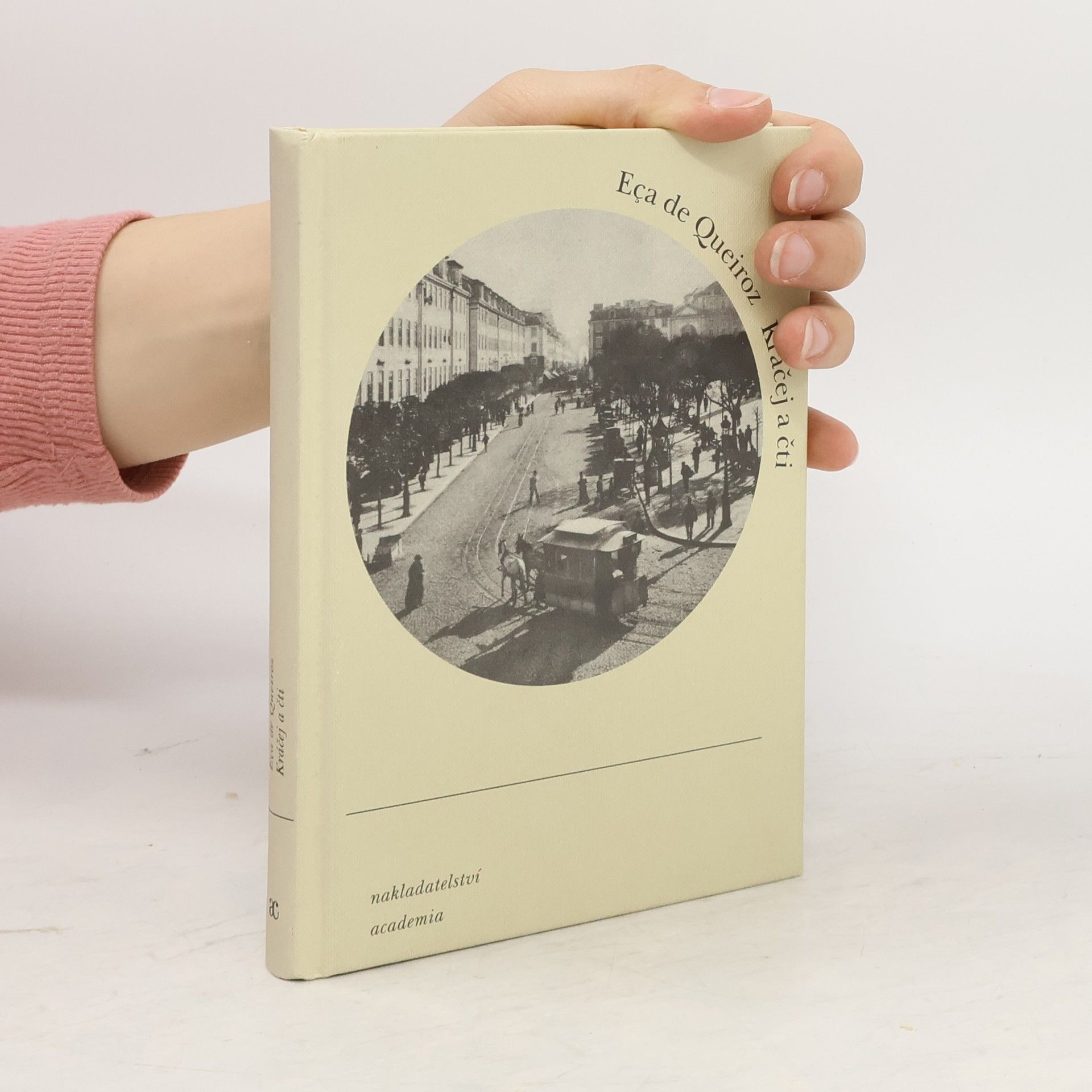Eça de Queirós Libros
José Maria Eça de Queirós fue un novelista portugués que introdujo el Naturalismo y el Realismo en la literatura de su país. Sus obras, a menudo cargadas de ironía y crítica social, exponían las deficiencias de la sociedad tradicional portuguesa y buscaban la reforma. Eça de Queirós es considerado el mayor novelista portugués del siglo XIX, con una reputación internacional que trascendió fronteras. Su estilo único y su perspicaz retrato de la naturaleza humana hacen que su escritura resuene en los lectores hasta hoy.


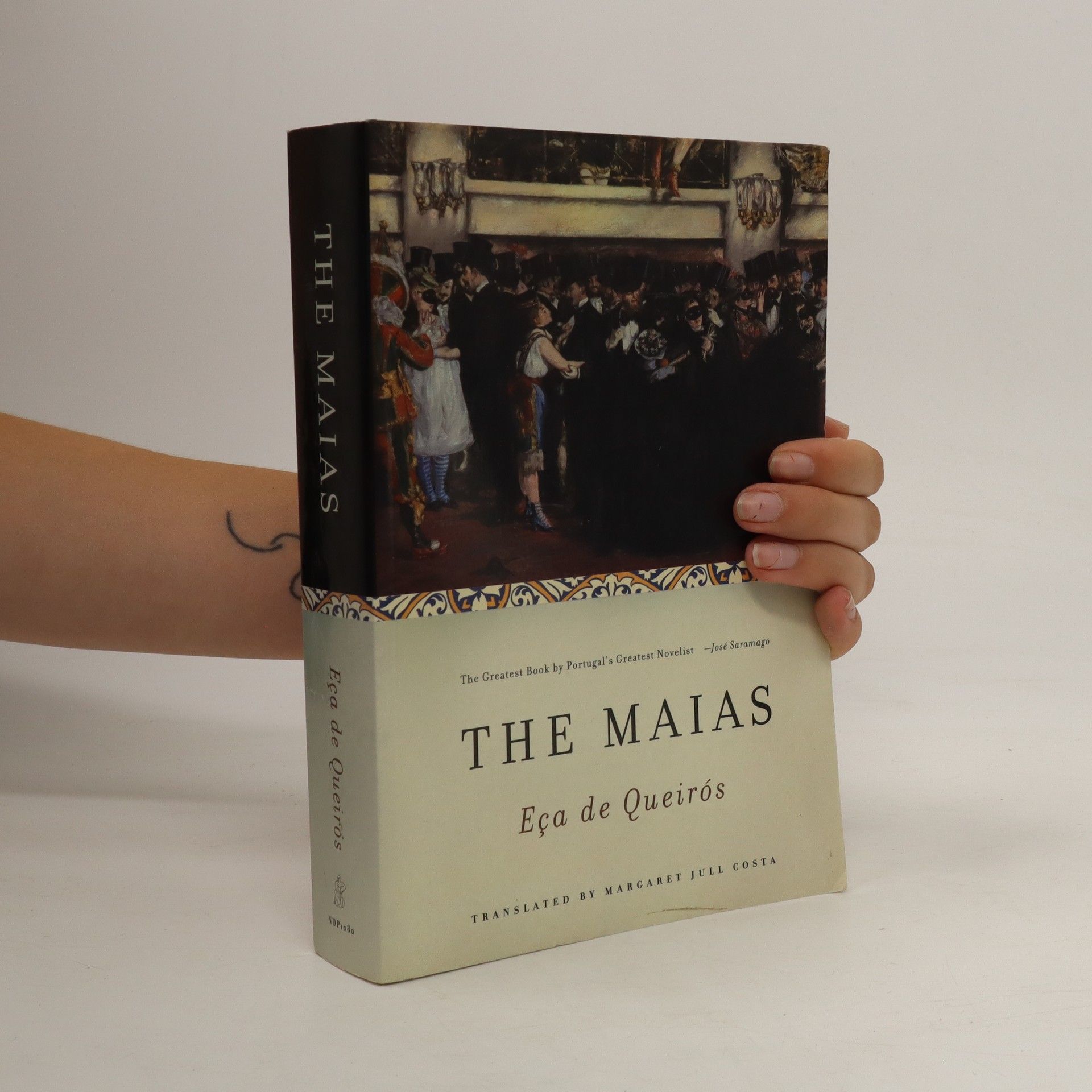
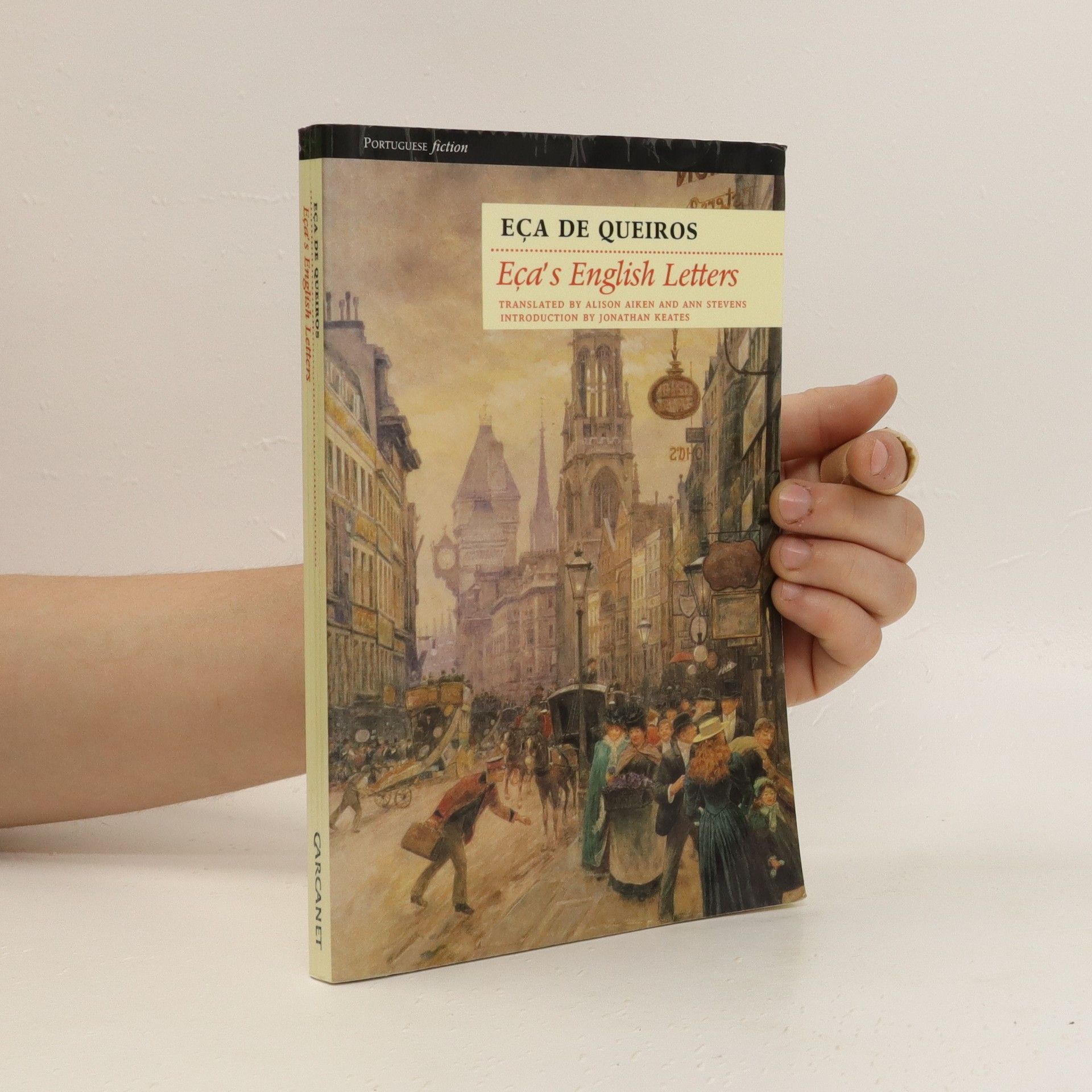
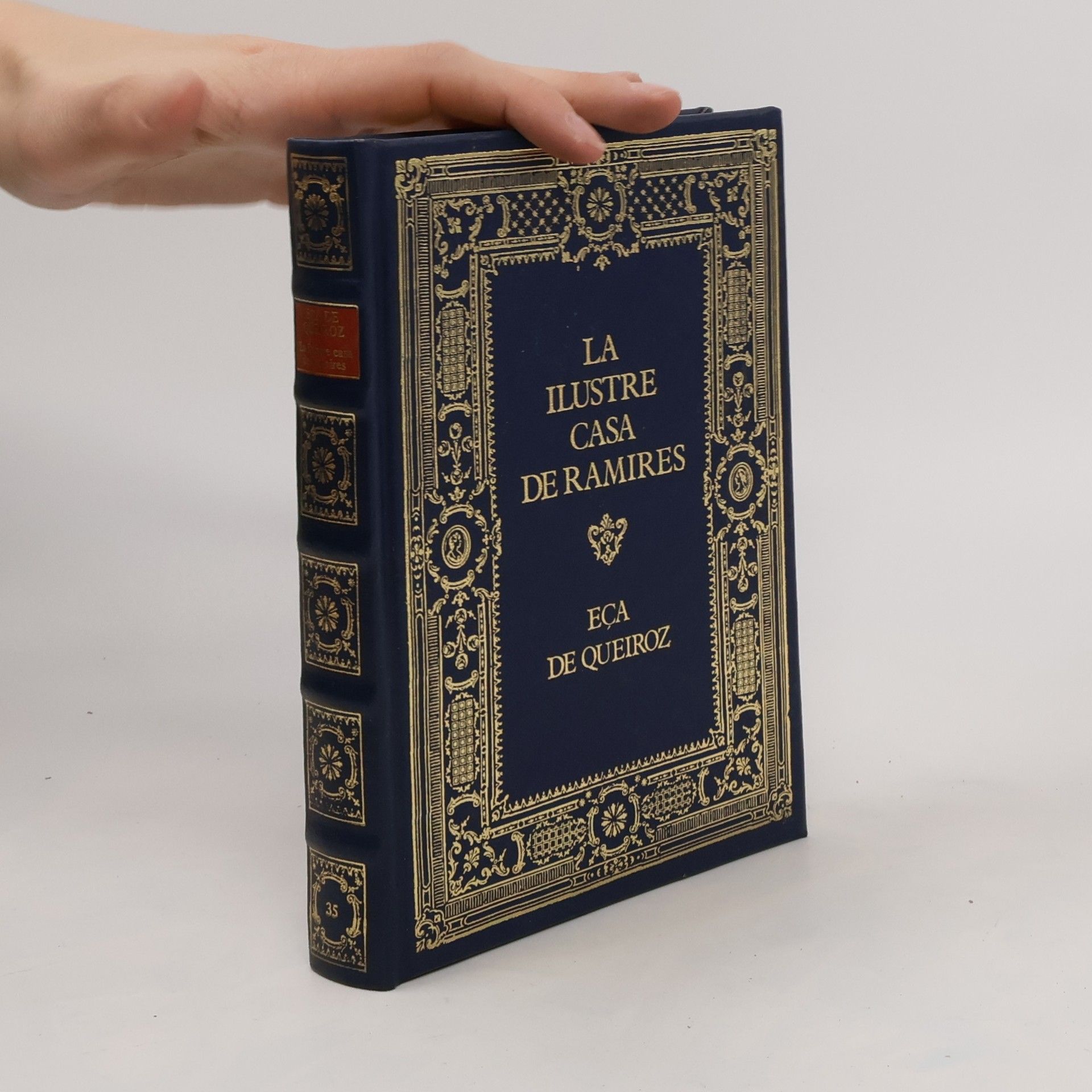

La Ilustre casa de Ramires
- 277 páginas
- 10 horas de lectura
Eça de Queiros (1845-1900) es sin duda el novelista portugués más conocido del siglo XIX. Perteneciente a una ilustre familia, pero nacido ilegítimo, ha concitado con frecuencia la atención de los biógrafos tanto por la singularidad de su peripecia vital como por su estrecha imbricación con las figuras más representativas del panorama político, social y literario del Portugal de su tiempo: Antero de Quental, Teófilo Braga, Oliveira Martins, Ramalho Ortigão, Guerra Junqueiro. Exaltado naturalista y exquisito decadente, portó el entorchado de la literatura de combate y el del culto a la forma. La crítica coincide en considerar que «La ilustre casa de Ramires» (1900) ostenta la perfección de una obra de madurez. Su anécdota puede resumirse en los términos que siguen: habita el vetusto y legendario solar de Santa Ireneia Gonçalo Mendes Ramires, joven hidalgo del más rancio abolengo portugués, quien acomete la redacción de una historia sobre sus antepasados, «La torre de don Ramires». Nos hallamos por tanto con una novela dentro de otra; en primer término las vicisitudes del aristócrata finisecular arruinado y, por otra parte, los gloriosos hechos de su ancestro Tructesindo en el siglo XII recogidos en la relación que el propio protagonista elabora
Eça's English Letters
- 208 páginas
- 8 horas de lectura
England in the 1880s: the aristocracy stoically endures the tedium of country-bound weeks in winter, when fashion forbids their showing themselves in London. Lord Beaconsfield's death is mourned - and a national myth is buried. The Times remains the watchdog of the English conscience. Abroad, John Bull is sweetly reasonable; Irish rebels must not be allowed to incommode English landlords; Egyptian rebels must by taught to respect their established rulers (and of course, British interests must be safeguarded). Meanwhile, in Newcastle-upon-Tyne, an obscure young Portuguese consul, Eca de Queiros, writes regular letters to his Brazilian readers, giving a dry, gently amused, if not wholly impartial, account of these and other English activities. If his facts are sometimes a shade garbled, ad his irony occasionally cruel, his descriptions of people, places and events are always lively and vigorous. He shows a propoensity for blowing raspberries at our more venerable institutions - the Times he finds incessently amusing - but, read as a corrective to the British propoganda of the period, "Letter from England" provide a vivid glimpse of late-Victorian Britain as an eminently civilized European would have seen it.
Carlos, heir to a great fortune, becomes a doctor and drifts along spending time at the theater, reading, and having affairs, until he falls deeply in love but has to hide a terrible secret.
The Relic
- 294 páginas
- 11 horas de lectura
Teodorico Raposo, the novel's anti-hero, is a master of deceit, one minute feigning devotion to his rich, pious aunt in order to inherit her money; the next, indulging in debauchery. Spurred on by the desire to please his aunt, and in order to get away from his unfaithful mistress, Teodorico embarks on a journey to the Holy Land in search of a holy relic. The resulting fiasco is a masterpiece of comic irony as religious bigotry and personal greed are mercilessly ridiculed.
O Primo Basílio
- 396 páginas
- 14 horas de lectura
Primeiro grande êxito literário de Eça de Queirós, este romance é marcado por uma análise minuciosa da sociedade de seu tempo. O autor usou da ironia, da linguagem coloquial e direta e, principalmente, do olhar atento sobre o cotidiano para revelar a intimidade da vida burguesa. Luísa é casada com Jorge e leva uma vidinha tão segura quanto entediante. O sonho, o romantismo e o desejo são despertados pela chegada do primo Basílio à Lisboa. Ao optar pelo adultério como tema central, a intenção do autor era provocar a discussão. Eça é o grande mestre do romance português moderno e certamente o mais popular entre os escritores do século XIX em Portugal e no Brasil.
Daždivý deň
- 108 páginas
- 4 horas de lectura
Zbierka piatich vybraných poviedok od významného portugalského realistu Eçu de Queirósa, nazvaná po jednej z poviedok Daždivý deň. Hoci Eça žil a tvoril v druhej polovici 19. storočia, vďaka svojmu rozprávačskému majstrovstvu, nevtieravému humoru a prenikavému pozorovaciemu talentu v ničom nezaostáva za súčasnými spisovateľmi. Ukáže vám Portugalsko, ako ho poznal on, a vy sa presvedčíte, že svet, v ktorom žil, sa od toho nášho až tak veľmi nelíši.
Kniha představující neznámou tvář portugalského klasika (1845–1900) sestává z dochovaných dopisů čerstvě zesnulého „nejzajímavějšího Portugalce 19. století“, uvedených osobní vzpomínkou jeho přítele. Carlos Fradique Mendes je zde velmi konkrétně určen jako dandy, rentiér, kosmopolita, dobrodruh, polyhistor a odmlčevší se básník, přesto však lze mluvit o „korespondenci jedné abstrakce“. Na pohled autentický vydavatelský počin totiž navazuje na romantickou tradici „nalezeného rukopisu“ a od Fradikovy schopnosti dočasně přitakat rozličným absolutním pravdám je už jen krok k modernistické heteronomii, bujení nezávislých tvůrčích osobností v jediném autorském subjektu. Prozatím se nám pod rouškou reality, která je fikcí, s neodolatelným humorem předkládá ironická suma západního myšlenkového světa konce 19. století a v konfrontaci s ním se klade se otázka pravé portugalské identity. Doprovodnou studii napsala Vlasta Dufková.
Zločin pátera Amara
Výjevy z nábožného života
Román nejvýznamnějšího portugalského spisovatele podává nelítostnou analýzu portugalského maloměšťáckého prostředí a kritiku klerikalismu a života duchovenstva na sklonku 19. stol. Jeho děj se odehrává na malém provinčním městě během jednoho roku. Je zalidněn vtipně a mnohde i s ironickým postřehem vykreslenými postavami a postavičkami z řad maloměšťáků i duchovních, kteří se točí kolem stěžejní dvojice románu, kolem pátera Amara a mladé dívky Amélie, kteří se milují. „Zločinem“ zde není míněno překročení církevního předpisu o kněžském celibátu, ale skutečný „světský“ zločin, trestný podle kteréhokoliv státního zákoníku, jehož se Amáro dopouští, aby se zbavil nežádoucích následků své „lásky“ s Amélií.
Román největšího portugalského prozaika 19. století zachycuje proměnu mladého muže ze zastánce městského života na milovníka venkova. Eça de Queiroz se na příběhu dvou přátel, Hyacinta a Josého, zamýšlí nad hodnotou technických a civilizačních vymožeností městského způsobu života konce 19. století. Bohatý Hyacint, jakožto představitel městského stylu, cítí odpor k venkovu a manuální práci, zatímco José se s městem vyrovnává obtížněji a varuje před jeho negativními dopady na lidskou inteligenci. Když Hyacint odjíždí ze svého pařížského domu na venkovskou usedlost v portugalských horách, plánuje si zmírnit nepohodlí, avšak ztráta předem poslaných věcí ho donutí improvizovat. Postupně se propadá do krás horské přírody a idylického venkovského prostředí. Autor s jemným humorem rozvíjí téma obrody prostřednictvím návratu k historickým kořenům a tradicím, varuje před negativy civilizace a označuje město za iluzi, v níž skončila mravní svoboda člověka. V románu je plasticky vykreslen obraz Paříže i svérázní obyvatelé portugalských hor, což činí toto dílo výjimečným v jeho odkazu.

